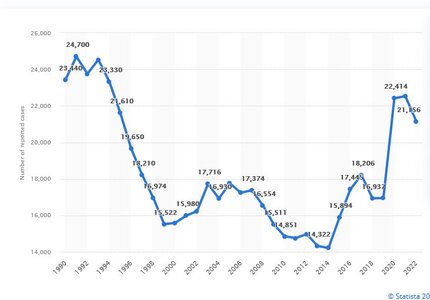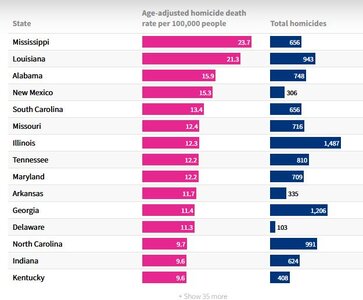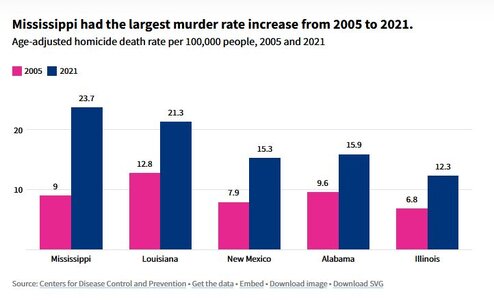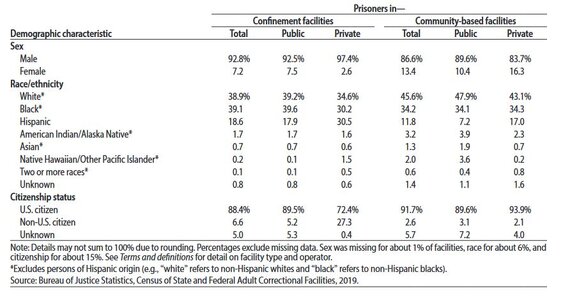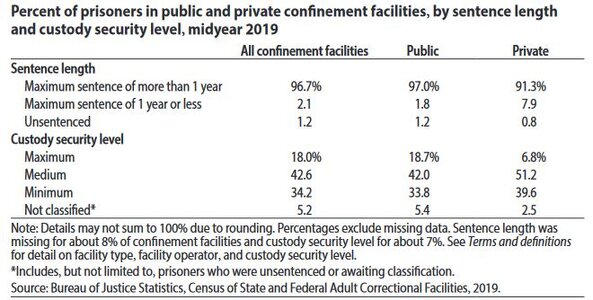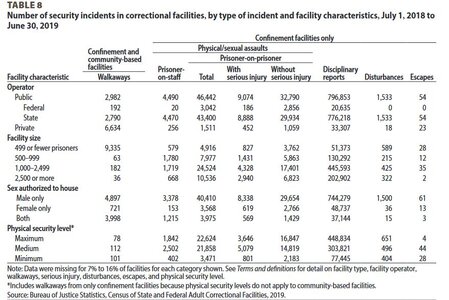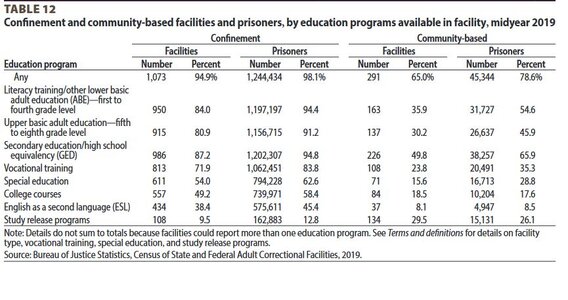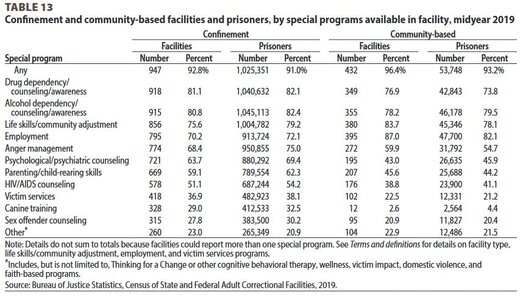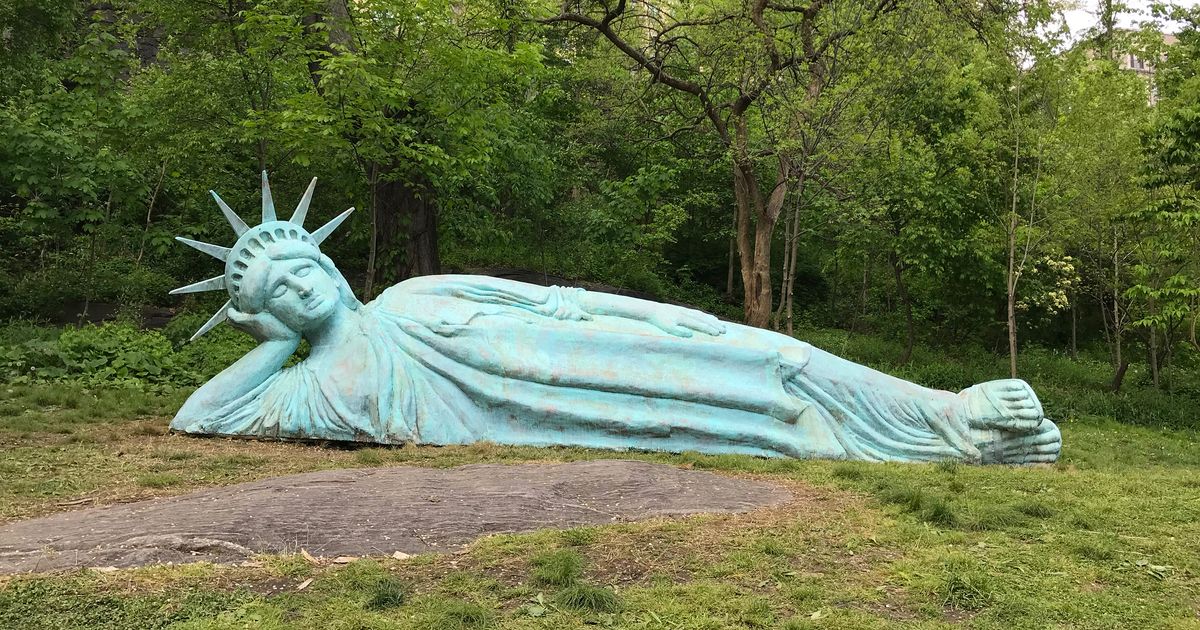In a place that I consider to be my home town a terrible crime happened. A 15 year old shot up his school, 4 students were murdered. The boy was sentenced to life with no parole. His parents were convicted of 4 counts of involuntary manslaughter.
I think that the verdicts were well deserved.
Isn't it sad, that when the parents were called to the school out of serious concern from their son's behavior, that they didn't even take him home that day as a time-out, as a chance to evaluate or get counseling, or to initiate discipline of their own? Even after teaching in some pretty dreary high schools, I find that behavior to be exceptionally rare, so also agree with you that their sentences were well-deserved. They didn't merely miss the danger, they actively denied it, with dire costs as a result. And it most certainly appears to have stemmed from a gun-forward mentality in the home.
That being said, in my opinion being incarcerated for life or a period of time is the punishment, not living in fear of violence, death or rape.
That seems easy enough to type on a computer, but is it realistic? If you house large numbers of rapists, murderers, addicts, and violent criminals who defied all efforts by society when free, why would one assume they can be well-controlled in a concentrated population with increased anger and reduced gratifications? Add to that the fact they are guarde by undereducated, low-paid men and women, and it's hardly surprising that their outside behaviors continue inside prison.
If only that were common street knowledge. If only society
knew prisons were horrible places, they might make better choices to avoid them, right? [searches futilly for facetious emoticon]
Being surrounded by criminals goes with the territory, but we as a civilized people should take no pleasure when an inmate is harmed by other inmates.
Two things stand out about that premise: it dismisses the reality of prison brutality with an implication it can be eliminated, and it defines civilization by its feelings rather than by its actions. The former assumption seems Utopic, denying the reality of violent people. It conforms with belief systems that attribute violence as a symptom of involuntary behavior rather than philosophy of dominance. The latter premise seems dangerously close to thought policing, e.g., you shouldn't vote for a black or a woman as president if you're doing it out of guilt or because you believe neither can do the job and that it will prove your point if they fail. Doing the right thing for the wrong reasons is still doing the right thing. Whether someone grieves or rejoices over a prisoner being confined and subject to the realities of prison shouldn't be germane to a discussion of the appropriateness of the sentencing.
I have heard some say that sex offenders need to locked up with larger inmates that will "use" them (to put it in a polite way). The boy I referred to was beaten up in the place where he is currently held and a person remarked that he "had it coming". It seems fitting that this boy would never get another chance to harm others, but can we have some compassion on a neglected 15 year old that seems to be mentally ill?
Two subjects again. An eye for an eye wasn't invented by the Jews by any means, and has been found in law codes way back far beyond the Judeo-Christian eras. Your "some" are doing little more than repeating what literally billions of people have believed and supported throughout the history of humanity, including our own country. The code does not comport with progressive modern thought in many circles, including the left wing of both the aforementioned Jewish and Christian leaders, but it does represent a large swath of citizens, and not just MAGA Republicans.
Whereas compassion does make us want to see mercy, and be shown mercy, the reality is that most of the violent offenders have such long rap sheets that whatever put them away for life was just the end of the line. It's even true of non-violent crime. Juveniles go through years of crime, and then again as adults, before serving long prison time. The term "hardened" criminal isn't just a political propaganda term. It's real.
The final question about feeling bad for the killer is a hugely controversial one. Our society could not and did not protect four young lives that were not just equally deserving of compassion, but more. And, emphasizing the mental state as a basis for supporting the murderer in conversations or debates is selecting one aspect of the crime while de-emphasizing the others.
Citizens have every right to be outraged at the violence and the shrug society gives to the never-ending series of school shootings. We have every right to be angry at the violent, at the supporters of the violence, and at the government that protects the violence. A modern trend is to define moral defect as mental defect. We have little hope of ever separating the two, because for non-violent people, we inherently see violence as mentally defective. However, that does not equate to criminally not culpable. The standard for insanity is the inability to understand the wrongness of the act, not whether the person's thinking was somehow abnormal or atypical. A serial rapist may well have been malformed in his adolescence by whatever, but every time he commits a rape, he is actively pursuing a hateful act, knowingly concealing his actions, and in full understanding of the harm. Society rightly condemns that.
Rather than feel sorrow for the 15 year old who decided to act out and knew his actions would kill others, many would redirect that sorrow for the moment the youth decided to follow that willful plan rather than seek help. Claiming that he could not do other is not accurate to psychology or psychiatry.




